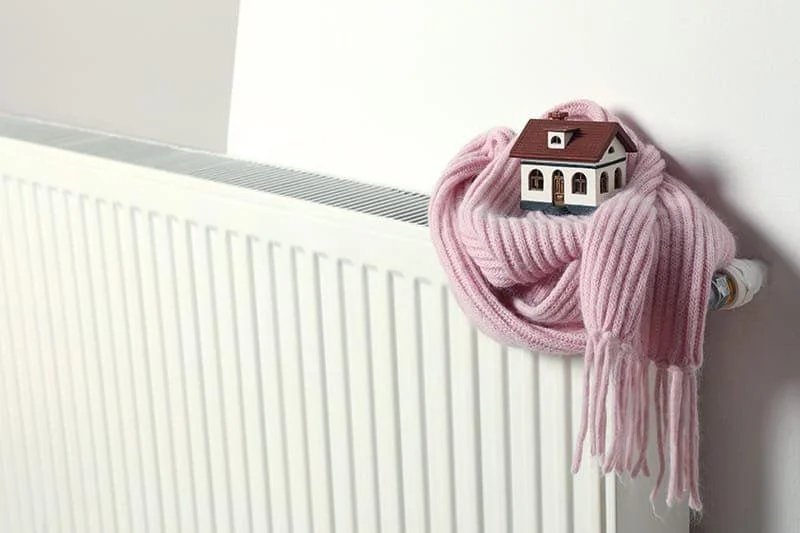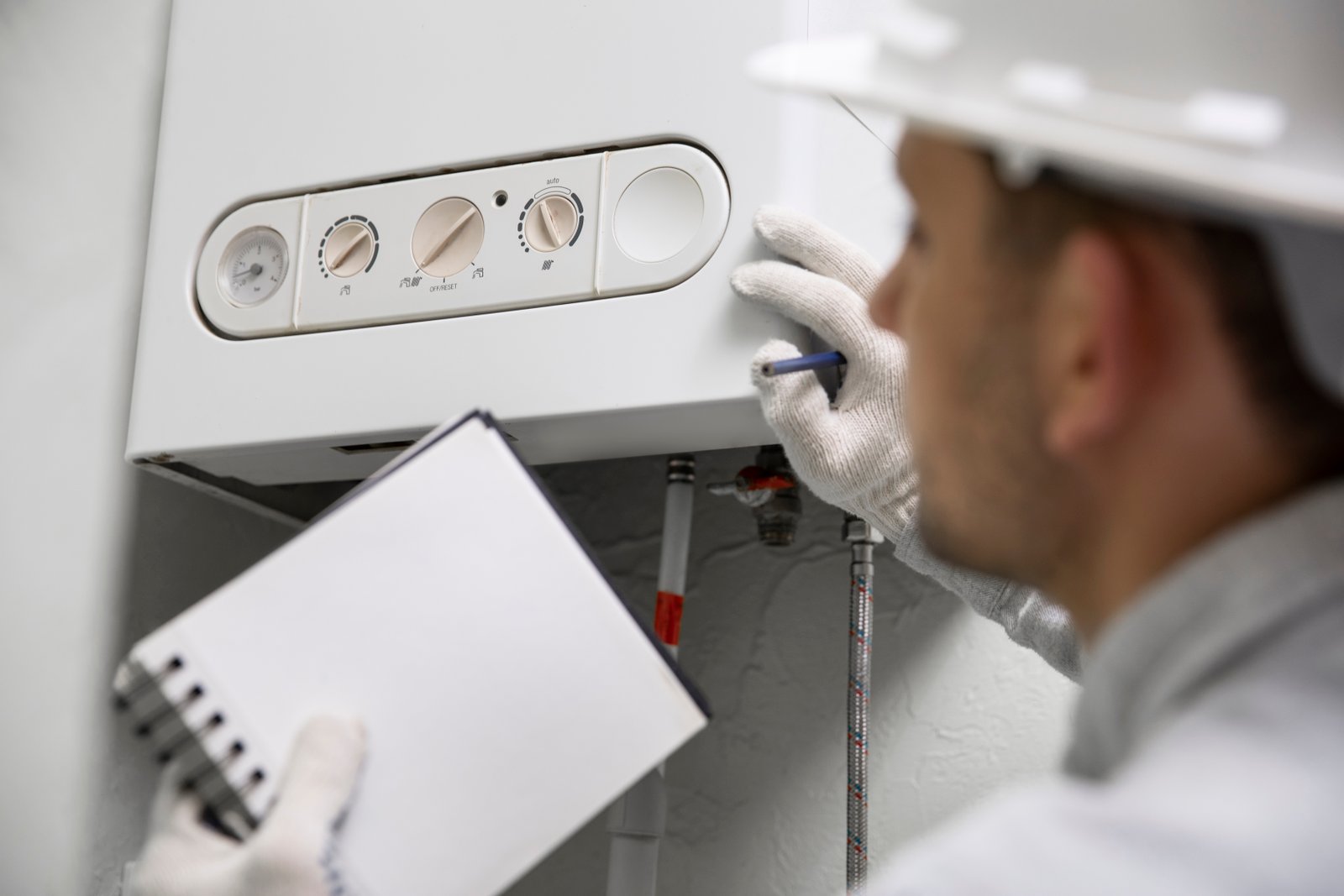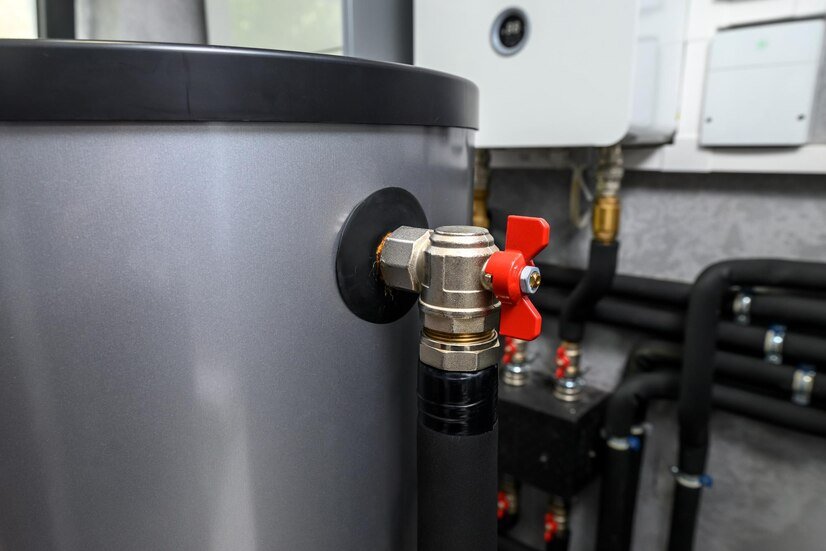Office Address
18 prestwick Road Birmingham B35 6PH

The UK Free Boiler Installation scheme provides an excellent opportunity for eligible households to replace old, inefficient boilers with modern, energy-efficient models at no cost through Solo Home Energy.
The Free Boiler Installation scheme is part of the Energy Company Obligation (ECO) program, designed to help low-income households and those in need to upgrade their heating systems. By installing a new, energy-efficient boiler, you can significantly reduce your energy bills, improve the efficiency of your home, and decrease your carbon footprint.
Central heating provides even warmth throughout your home, ensuring all rooms are comfortably heated.

Modern central heating systems are highly efficient, reducing your overall energy consumption and saving you money.

A central heating system quickly and effectively responds to temperature changes, keeping your home warm and cozy.

Installing central heating can significantly enhance your property’s value, making it more attractive to potential buyers.
Eligibility for the FTCH Grant typically depends on several factors:
Your home must currently lack a central heating system. Properties that rely on electric heaters, gas fires, or other non-central heating methods are prime candidates.
The grant often prioritizes low-income households or those receiving certain government benefits.
Both homeowners and tenants with landlord permission are eligible to apply.


The application process for the First Time Central Heating Grant through SOLO HOME ENERGY is simple:
Confirm if you qualify based on your current heating system, income, and benefits.
Reach out to SOLO HOME ENERGY, a government-approved installer, to start the application process and receive expert guidance.
An installer from SOLO HOME ENERGY will conduct a thorough survey of your home to assess its heating needs and confirm your eligibility for the grant.
Once approved, SOLO HOME ENERGY will schedule the installation of your new central heating system, ensuring your home is equipped with a modern and efficient heating solution.
With rising energy costs, now is the perfect time to upgrade to a central heating system through the FTCH Grant. This upgrade not only provides a warmer and more comfortable home but also helps you save on energy bills and increases your property’s value. The grant, available through SOLO HOME ENERGY, makes this vital home improvement affordable, especially for those in need.
Under the ECO4 (Energy Company Obligation) grant in the UK, various types of central heating systems can be funded, particularly for households that are eligible based on income or vulnerability. The key types of central heating systems funded include:
1. Gas Boilers:
Replacement of old, inefficient gas boilers with new, high-efficiency models.
2. Oil Boilers:
Funding for replacing or upgrading oil-fired central heating systems.
3. Electric Storage Heaters:
Replacement of outdated electric storage heaters with more efficient models.
4. Warm Air Systems:
Upgrading or replacing old warm air systems with more energy-efficient alternatives.
5. Hybrid Heating Systems:
In some cases, funding might be available for hybrid systems that combine conventional heating with renewable technologies, like heat pumps.
6.Heat Pumps:
Although less common under the ECO4 scheme, funding may sometimes be available for air source or ground source heat pumps, depending on specific local policies and requirements.
Central heating systems in the UK typically work by generating and distributing heat throughout a building to maintain a comfortable temperature. Here's a basic overview of how these systems function:
1. Heat Generation
Most central heating systems use a boiler to generate heat. The boiler burns fuel (usually gas, oil, or electricity) to heat water.
In some systems, especially newer or renewable setups, a heat pump extracts heat from the air or ground and transfers it to the heating system.
2. Heat Distribution
Hot water from the boiler is pumped through pipes to radiators placed in various rooms. The radiators release heat into the rooms through convection and radiation.
Alternatively, the hot water can circulate through pipes or electric cables embedded in the floor, providing a more even heat distribution.
3. Control Systems
Thermostats monitor the indoor temperature and control the boiler to maintain the desired temperature. Programmable thermostats can schedule heating times and temperatures.
Some systems have multiple zones, each with its own thermostat, allowing different areas of the home to be heated to different temperatures.
4. Heat Distribution
In a traditional system, the heated water is pumped through a network of pipes to radiators or underfloor heating systems.
For systems that include a hot water storage tank, the heated water is stored in the tank and supplied to taps and showers as needed.
5. Return and Reheat
After passing through the radiators or underfloor system, the cooler water returns to the boiler to be reheated.
6. Maintenance and Efficiency
Regular servicing of the boiler and central heating system ensures efficient operation and longevity.
Proper insulation in walls, lofts, and floors helps retain heat and improve the overall efficiency of the heating system.
Eligibility for the FTCH Grant typically depends on several factors:
Your home must currently lack a central heating system. Properties that rely on electric heaters, gas fires, or other non-central heating methods are prime candidates.
The grant often prioritizes low-income households or those receiving certain government benefits.
Both homeowners and tenants with landlord permission are eligible to apply.